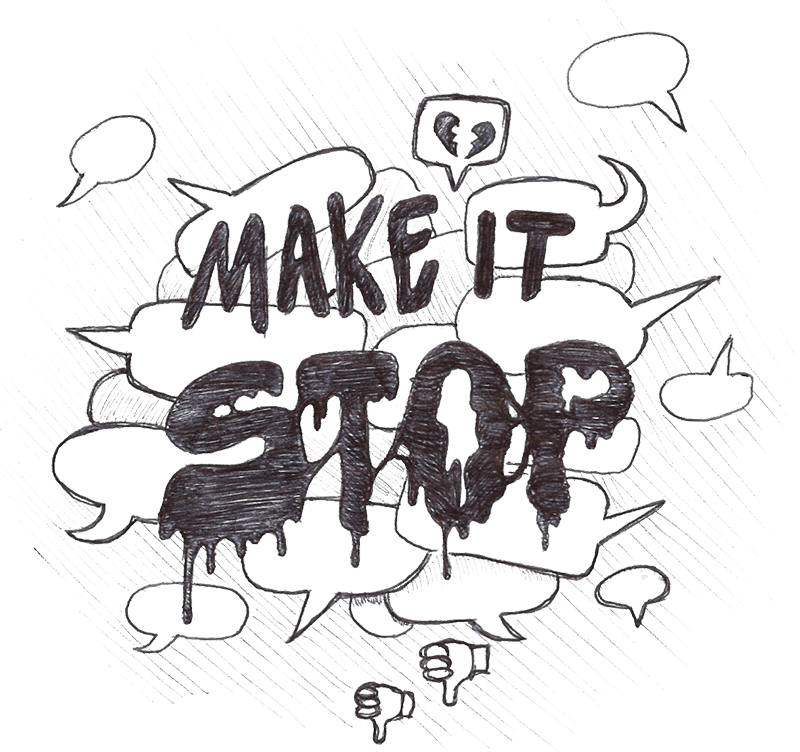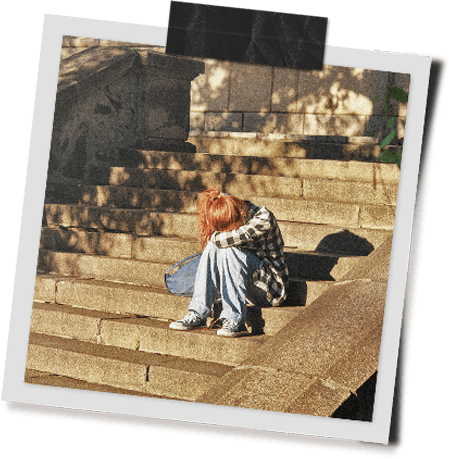Weed can’t help them cope.
You can.


Roswell kids are hurting.
Being a preteen or teenager is hard enough. But today’s kids are really struggling. The U.S. Department of Health and Human Services estimates that 1 in 5 teens has a mental health disorder, and about one-third show symptoms of depression.
A recent study shows that kids in Chaves County are feeling sadness, hopelessness and anxiety at much higher rates than kids were ten years ago. Reports of suicidal thoughts, self-harm and suicide attempts have also increased significantly.
Kids are turning to cannabis to numb the pain.
But it’s actually making things worse.
It’s easy to think weed is a harmless way to take an edge off. However, more and more studies are revealing the dangerous ramifications that can occur, especially in people under the age of 25. Cannabis use in minors has been linked to increased depression, hampered short-term memory, and other adverse effects. Kids think they are getting relief but in reality, they are unintentionally making the situation harder on themselves.
Remember when you were a kid? It’s not any easier now.
Fitting into friend groups. Getting good grades. Going through awkward changes. There’s no shortage of pressures a kid might be feeling. For them, it can all feel a bit overwhelming. Especially if they don’t have anyone they can talk to.
Make conversation easier by knowing what they’re going through.



I feel like I have no one I can turn to…
They need you.
Not weed.
Making an impact on a kid’s life is easier than you may think. Just be you and be there. Being present can make a world of difference and provide them with a much-needed outlet. If you’re uneasy, that’s okay. We have some tips to make it more approachable.
